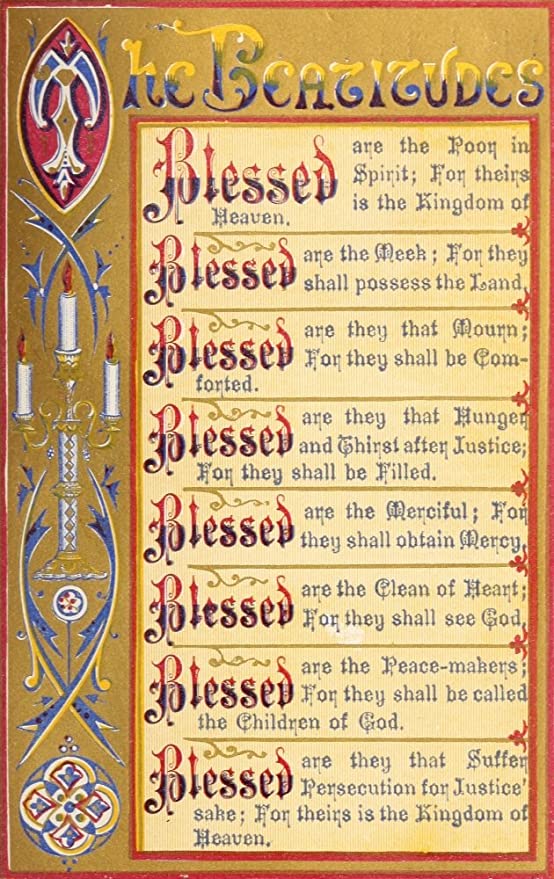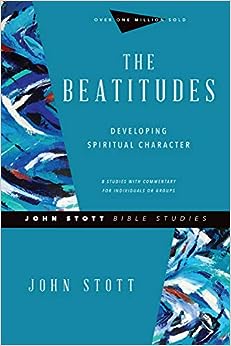A Sermon on the Beatitudes
So what does that return look like? A return to the beatific plumb line is not a matter of your own effort to just be better tomorrow. Rather it is a true return to God Himself. If your heart is out of plumb seek him out. Be in constant prayer with God. Words are unnecessary. Go wherever you feel his presence and simply be.
A Sermon on the Beatitudes Read More »


